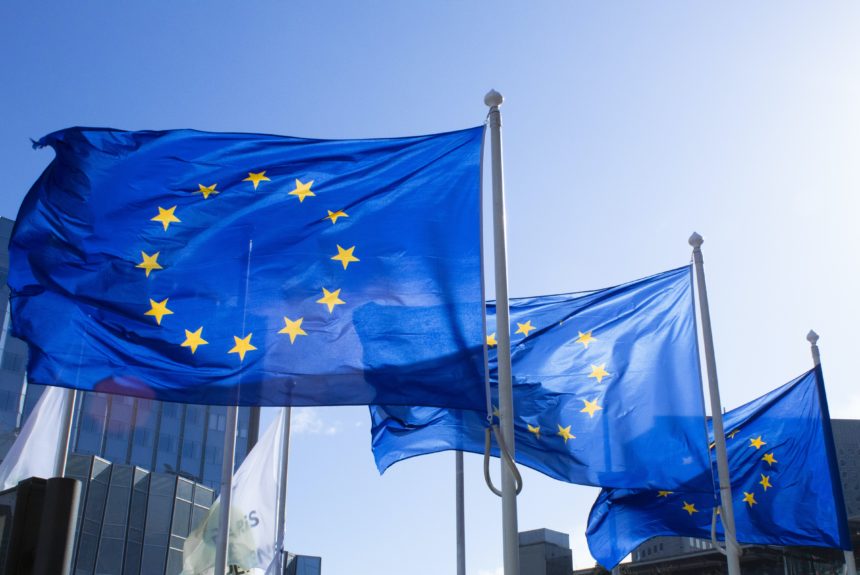Energy prices are skyrocketing across Europe, adversely harming families and businesses. Many factors have squeezed the supply of natural gas including low inventories, a lack of storage infrastructure, and fuel switching in the electricity sector as calmer weather resulted in less wind production. Government policies like carbon taxes and the phasing out of coal and nuclear plants have exacerbated the problem. Meanwhile, demand for energy is surging across Europe and Asia and could surge even higher as the winter months approach.
The energy concerns come less than a month from the United Nation’s annual climate conference in Glasgow, Scotland where country leaders, delegates, reporters, activists, and scientists will gather to address global warming. Here they will discuss what the world should do next to address climate change. Europe’s energy crunch provides us with three lessons on how to best tackle global climate change as we look ahead to COP.
- We Need Affordable, Reliable Energy and Environmental Progress
Earlier this year, the EU introduced sweeping plans to drastically cut greenhouse gas emissions. A part of this plan included a requirement for the share of renewable sources in Europe’s energy mix to rise to 40% by 2030, up from the current 20%. As European Commission President Ursula von der Leyen said, “Our current fossil-fuel economy has reached its limit.” A government-imposed transition, however, brings with it the very serious trade-off of a dearth of energy availability and energy infrastructure.
Rather than focusing on market-based ways to sustainably reduce emissions without hurting energy availability or reliability, the EU is facing an energy shortage that has led some experts to warn of a possible blackout risk for industries in Europe this winter and increased energy prices for homes through 2023. Failed government-led policies often make the problem worse, while economic freedom and free markets can and do deliver both, accelerating human prosperity.
Developing nations will not reduce their emissions if it means that they must also reduce their economic prosperity. If the world truly wants to address climate change, it should look for solutions that benefit the environment and global economy alike. Economic freedom is the solution.
- Markets, not Governments, Should Pick Energy Winners and Losers
A key tenet to economic freedom is allowing free markets to flourish while insisting government play a limited role. In Europe, however, we have seen the opposite approach. Over the past few years, a prescriptive “everything but” approach to energy in Europe has been led by governments, the most notable being Germany’s Energiewende. This government-led green push in the EU has resulted in energy shortages, increased utility costs for consumers, a greater reliance on Russian LNG, and, significantly, negligible environmental benefits.
In the U.S., where we have followed a more market-based approach to energy, we have seen the greatest emissions reductions of any country since 2000, while providing consumers with reliable and affordable electricity. While the cost of renewable energy has declined and renewables should certainly be part of the energy and climate solution, renewables will best thrive and consumers will best benefit from competitive markets, not top-down mandates.
- Durable Climate Solutions Need to be Rooted in Innovation, Not Regulation
In addition to an “everything but,” top-down approach to energy, Europe is looking to reduce its carbon footprint through a system of costly carbon taxes. This system, coupled with a supply shortage, has increased utility costs for consumers to the point that governments are now considering issuing a multi-billion-euro emergency fund to help struggling households pay their energy bills.
Policies like a carbon tax hurt consumers and businesses with minimal environmental benefits. If enacted in the U.S., they would be layered on top of several regulations and subsidies that already create economic inefficiencies and will ultimately stifle the long-term growth of clean energy technologies. Additionally, it is unlikely that such regressive policies would be adopted in developing nations looking to grow their economies. Without their participation, any domestic action would be climatically ineffective.
Instead of looking to increase regulations, the world should look to unleash innovation through common-sense tax policies. Immediate expensing, for example, which was passed in the 2017 Tax Cuts and Jobs Act, has led to an 11% increase in climate-related R&D. Economic growth and environmental benefits do not have to be mutually exclusive.
In the coming weeks, all eyes will be focused on COP and how the international community will address global climate change. Policymakers would do well to learn from Europe’s energy shortages and embrace climate solutions that are rooted in economic freedom.
The views and opinions expressed are those of the author’s and do not necessarily reflect the official policy or position of C3.
